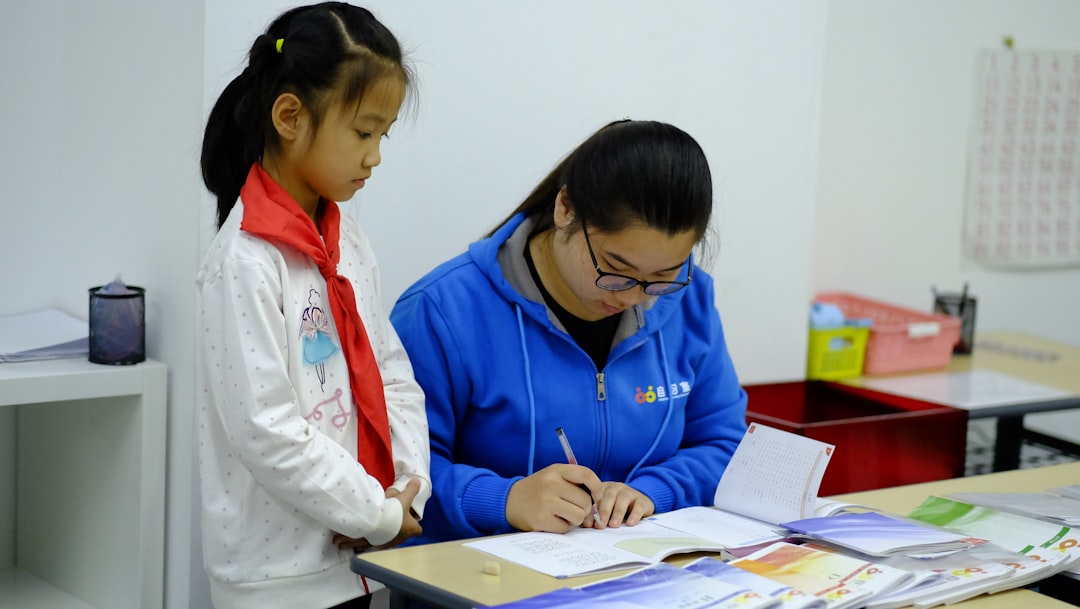In a world that is rapidly changing, the skills required to succeed are evolving at a similar pace. For children growing up today, the challenge isn’t just about learning; it’s about continuously adapting and acquiring new skills throughout their lives. In this article, we explore the key competencies that will serve as the bedrock for future generations and how parents and educators can facilitate an environment of lifelong learning.
The Digital Quotient
Today’s children are digital natives, born into a world of widespread technology. As we advance, digital literacy becomes not just beneficial but essential. Teaching kids coding, digital ethics, and cybersecurity will prepare them for a future where digital landscapes dominate. Interactive platforms and gamification can make this learning process engaging and fun, emphasizing creativity and problem-solving within digital realms.
Emotional Intelligence
Often overlooked in traditional education systems, emotional intelligence (EI) is crucial for personal and professional success. Children who develop high EI can navigate social complexities, lead empathetic lives, and manage personal relationships better. Activities that encourage empathy, open communication, and emotional regulation—such as group projects, drama classes, and mindfulness sessions—can be integral in nurturing this skill.
Environmental Stewardship
With pressing global issues like climate change, teaching children to be environmentally conscious is non-negotiable. Schools and families can incorporate sustainability practices into daily routines and curricula, such as recycling projects, nature walks, and discussions on renewable energies. Instilling a sense of responsibility for the planet fosters critical thinking about resource use and conservation, vital for the eco-conscious leaders of tomorrow.
Entrepreneurial Mindset
The future will favor those who can innovate and adapt. Fostering an entrepreneurial mindset in children involves teaching them to think creatively, take calculated risks, and learn from failure. This can be achieved through project-based learning, where kids are tasked with creating solutions to real-world problems, thus developing resilience and strategic thinking skills.
Global Citizenship
As the world becomes increasingly interconnected, understanding and appreciating cultural diversity becomes imperative. Teaching children about different cultures, languages, and global issues promotes inclusivity and tolerance. Schools can introduce international communication through pen-pal programs or digital meet-ups with students from around the world, preparing children to thrive in a global workforce.
In conclusion, the landscape of future skills is vast and varied. By focusing on these foundational areas, parents and educators can equip children with the tools they need to navigate their futures successfully. Lifelong learning is not just a necessity but a way of life for the coming generations, enabling them to adapt, thrive, and lead in an ever-changing world.






